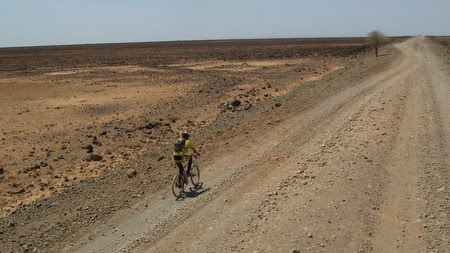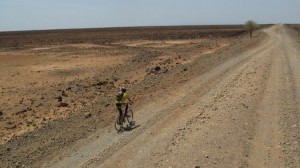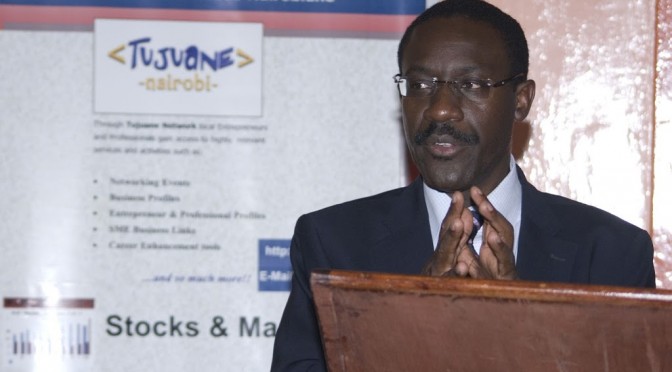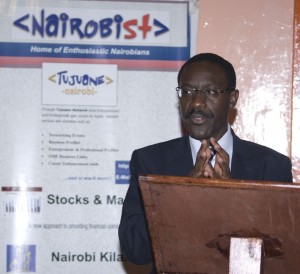On Monday, May 16, Strathmore University invited Eduardo Schwartz a UCLA Professor and world-renowned lecturer, advisor, expert and author to give a talk on derivatives.
Introducing the talk, Strathmore Director Jim McFie talked of the plan for Strathmore to be at the academic forefront for learning on derivatives in Kenya, which they are doing with the Global Board of Trade (GBOT) – and that for Kenya to compete with Mauritius as a financial centre, derivatives markets will have to be established in Kenya.
McFie also mentioned a tendency for Kenyan parents to push their children into pre-formed careers at an early age, which was wrong, as he noted that Prof. Schwartz trained and started working as an engineer before he branched into financial markets.
Prof. Schwartz was giving his first talk in Africa on the subject and chose to give a Derivatives 101 talk, even as he knew there were investment bankers, and officials from the Treasury and Nairobi Stock Exchange present. He observed that it would be difficult to set up such markets given the economic challenges here, but that ultimately, the development of efficient markets was necessary for economic development.
He noted:
- You can have derivative on any variable that can be measured without discussion between the parties – e.g. rainfall, presidential elections, sports.
- Popularity? Interest rate contracts are the biggest (390 trillion) followed by credit default swaps (which had rapid growth from 2006 ), then foreign exchange contracts, commodities and finally equity-linked contracts, in that order.
- In any Wall Street Journal, you get a quick reading of all the major forwards e.g. quotes for the UK pound – 1, 3, and 6 months forward, and futures prices of metal & petroleum (gold, silver), agriculture (wheat, corn, orange, juice, pork bellies, rice) and interest rates.
- Some arguments in favour of hedging: Companies can focus on their main business and take steps to minimize market risks such as interest rates, by hedging, which also minimizes the probability for financial distress.
- Arguments against /dangers of hedging? Shareholders are well diversified and can make their own decisions, it may increase risk to hedge when competitors do not (Southwest Air), and it is possible to take large positions with very little money (traders can change from hedgers to speculators)
- You can get more reading of a local perspective on derivatives here
While he was said he was shocked that there no forward market in foreign exchange in Kenya, there are forward markets for currencies, and for some commodities like flowers and fuel, which are done in private arrangements with partners, buyers, and customers, but mainly through large banks. They are not exchangeable, and there is no capital markets mechanism now for this.
The most memorable one was Kenya Airways fuel hedging which they have employed for a number of years during rising fuel prices, but which resulted in a loss of Kshs 5.6 billion (~72 million) in 2009 (more)
With time there could be a few more to deal with gaps such as the current situation where farmers are hoarding maize harvests to draw the government out into paying more for the crop.




